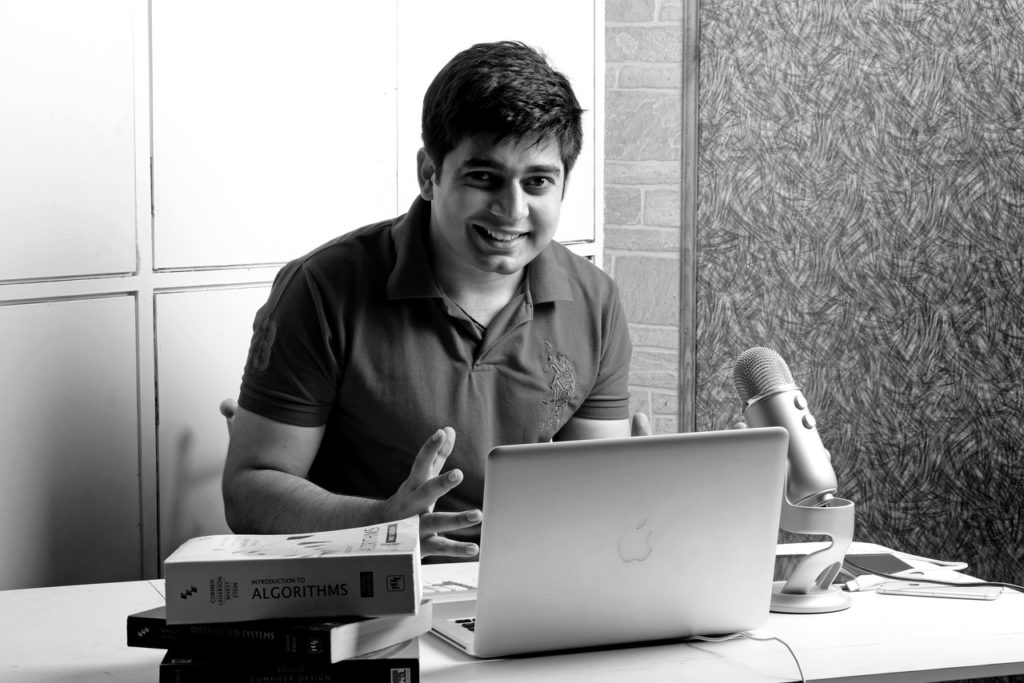Education has always been a top priority for the Bayat Foundation. As Afghanistan’s largest private philanthropic organization, the Bayat Foundation is keenly aware of the fact that years of conflict and instability have prevented many Afghans from pursuing any kind of formal education. As a result, the country is experiencing a serious education and skills gap that is limiting its ability to rebuild and move forward into the 21st century.

Like many other charitable organizations, the Bayat Foundation is deeply committed to reducing this education gap. Over the years, the Foundation has launched and supported a wide variety of educational initiatives, many aimed at Afghanistan’s most vulnerable and underserved populations. The Foundation has also worked to build a legacy of educational redevelopment through a long-term partnership with the American University of Afghanistan (AUAF), the country’s leading private nonprofit university. Recently, the Foundation announced the creation of the Bayat Scholars Program, a new scholarship initiative that will provide key educational opportunities for Afghan youth at AUAF. Read on to learn more.
Building the next generation of IT professionals
The aim of the Bayat Scholars Program is to build and develop a new generation of skilled and experienced Afghan IT professionals. Many organizations, including the Bayat Foundation, agree that a vibrant and innovative tech sector will be a vital element of Afghanistan’s rebuilding process. But before young and aspiring entrepreneurs can revitalize the country’s tech scene, they need the opportunity to gain critical skills and knowledge in their field—the kind of opportunity that a first-class post-secondary institution like AUAF is well placed to provide.
Through the Bayat Scholars Program, 15 scholarships will be awarded each year to qualified candidates, allowing them to pursue a bachelor’s degree at AUAF in either information communication technology or computer science. To be eligible for a scholarship, candidates must be Afghan citizens with a high school diploma, a strong academic record, and excellent English skills. In addition, candidates must be committed to using the opportunity of the scholarship program to help build a better future not only for themselves but for Afghanistan. Ultimately, the aim of the Bayat Scholars Program is to help create and support an exceptional Afghan-based technology sector that will drive economic growth and create job opportunities for the entire country.

A thriving partnership
The Bayat Scholars Program is the latest step forward on the journey that the Bayat Foundation and AUAF have taken together over the years. The Bayat Foundation has been one of AUAF’s biggest supporters from the university’s early days, backing many of its programs and initiatives.
Perhaps the largest and most impressive testament to the thriving partnership between the Bayat Foundation and AUAF is the Bayat Institute of Technology (BIT), a 32,000-square-foot science and technology teaching and research center that was completed and opened in 2018. Located at the heart of AUAF’s flagship campus in Kabul, BIT offers students, faculty, and visiting scholars and researchers a host of world-class amenities, including media and technology labs, IT labs, fully equipped lecture halls, a rooftop leisure center, and two prayer halls. Developed and built by Afghans, the facility is a distinguished example of Afghan skill, craftsmanship, and determination, as well as an important hub for technological education and innovation in Afghanistan.
More about the American University of Afghanistan
The only private, nonprofit, nonpartisan, and coeducational university in Afghanistan, AUAF is dedicated to providing its students with the quality education they need to help meet the needs of their country and become future leaders in their communities and on the world stage.
AUAF first opened its doors in 2006, and since that time, it has grown into one of Afghanistan’s premier educational institutions, with 29 Fulbright Scholars among its graduates as well as ongoing partnerships with such prestigious international universities as Stanford, Georgetown, and the University of California network. The following are some of the most important highlights of AUAF’s history:
2002—Minister of Higher Education Dr. Sharif Fayez proposes that Afghanistan establishes its first independent university. In a public speech, President Hamid Karzai emphasizes how important education is to Afghanistan’s future.
2003—The Afghanistan High Commission for Private Investments offers two large tracts of land in southwest Kabul, under a 99-year lease, for the development of a private university. To receive these leases, the American University of Afghanistan is chartered as a nonprofit philanthropic organization in Delaware.
2004—Afghanistan’s Ministry of Higher Education grants AUAF a charter under the Afghan Constitution and the Civil Code. A feasibility study is initiated to identify an institutional framework for the new university.
2005—Laura Bush, the US First Lady, visits the site of the new university and announces that the US will provide financial support for its launch.
2006—AUAF welcomes its first cohort of 53 students.
2007—AUAF develops and implements its first strategic vision and academic plans.
2009—Dr. C. Michael Smith is appointed AUAF’s president by the board of trustees. A grant from the US allows the university to establish an e-learning facility so that students can benefit from collaborations with institutions in other regions.
2010—Enrollment reaches 550 students, and a number of new programs, including bachelor’s degrees in computer science and business administration, are approved by the board of trustees.
2011—AUAF celebrates its first convocation.
2018—AUAF is granted accreditation status from the Ministry of Higher Education.

